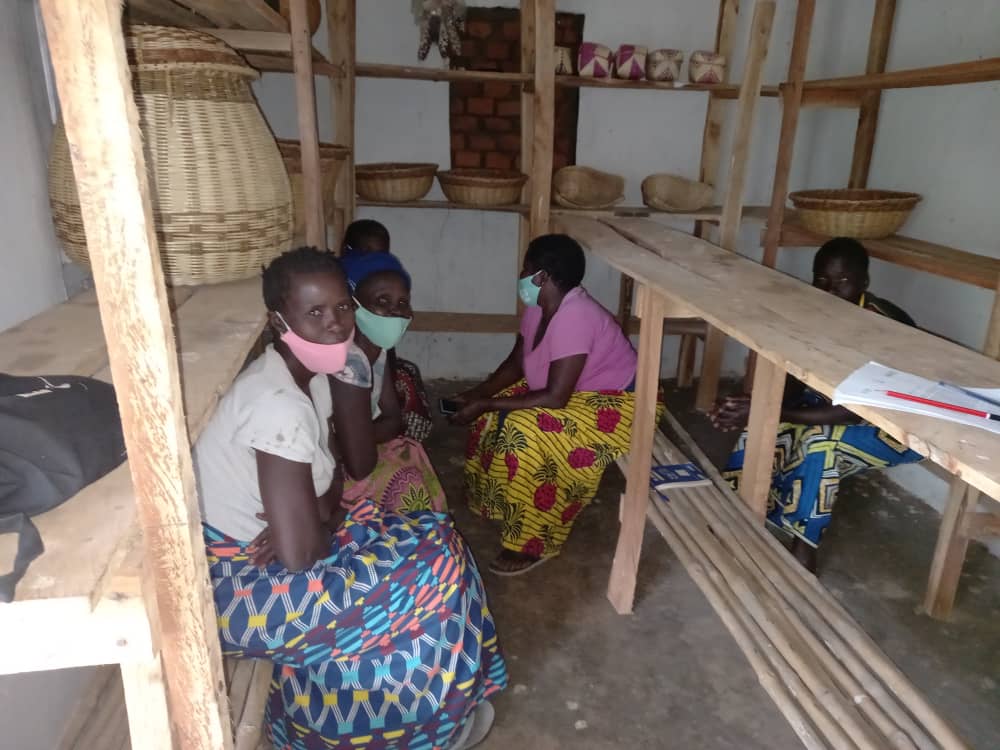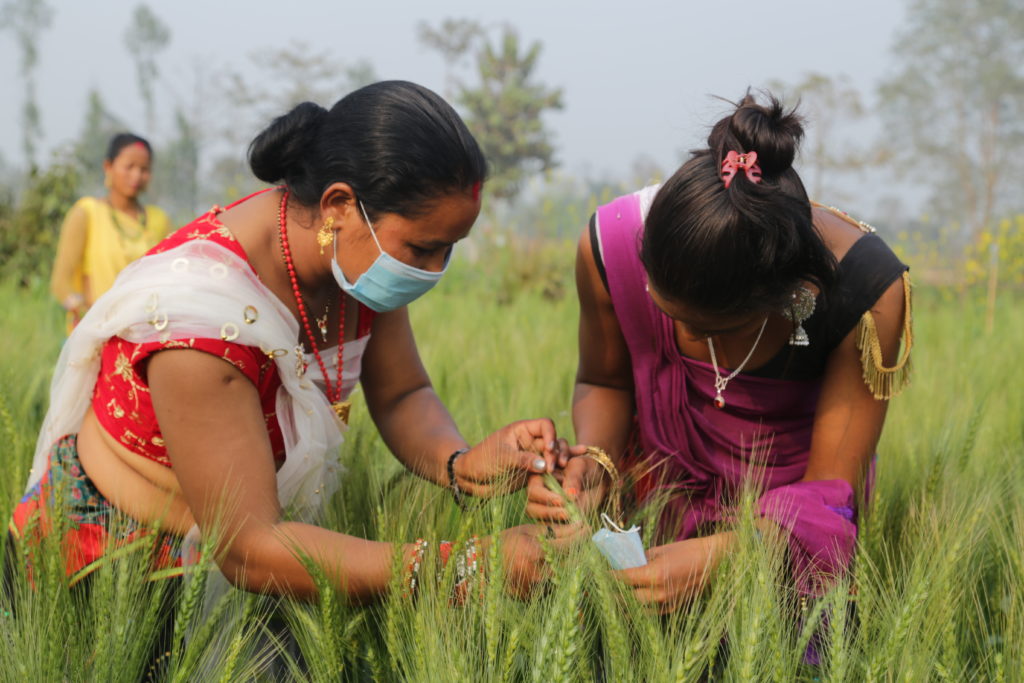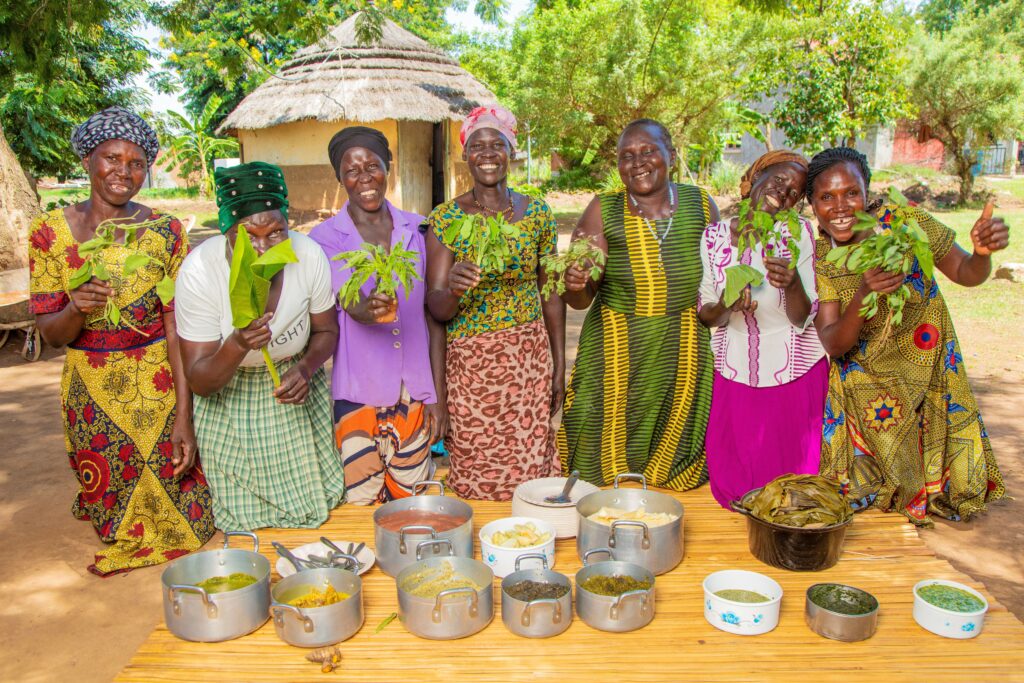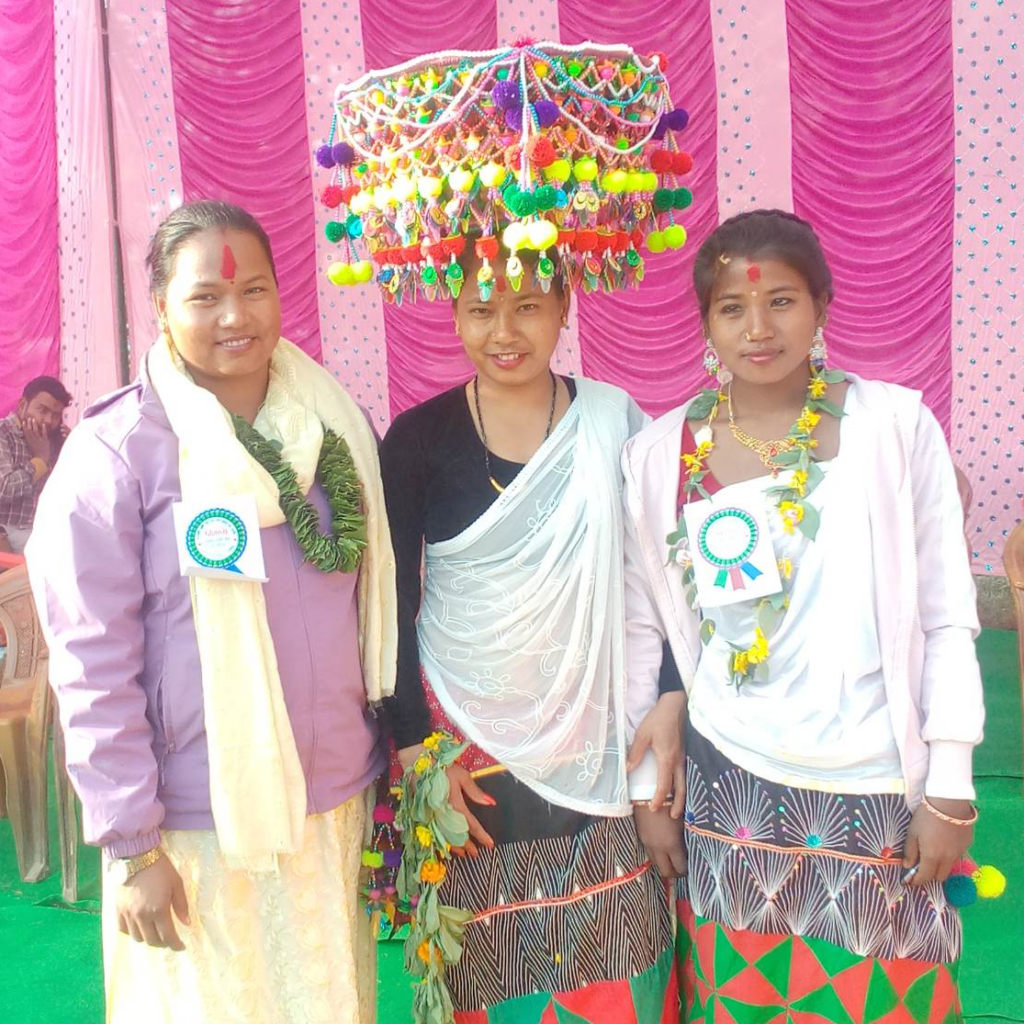We are happy to share that a new Seeds project has started in Uganda, funded by Books 4 Life. Books 4 Life is a Dutch non-profit organization that manages a chain of second-hand bookshops in different cities in The Netherlands.
The organization donates almost all of their sales proceeds to charities, including Oxfam Novib. In the coming years, the Books 4 Life stores (and the people who support them) will make a contribution to the Seeds (SD=HS) program, benefitting small-scale farmers in our program countries. This year three community seed banks are being supported in Uganda, through Oxfam in Uganda and our local partner PELUM (Participatory Ecological Land Use Management – Uganda).
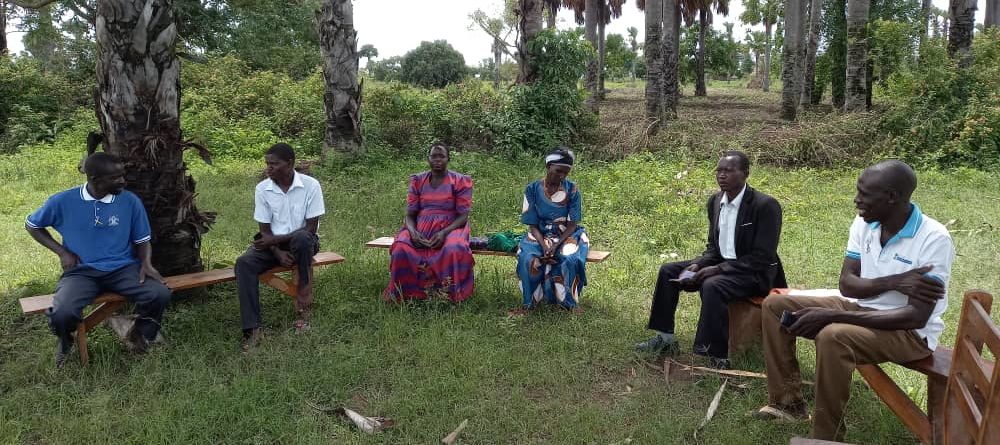
Farmers in Uganda, like their colleagues in other parts of the world, are suffering from the effects of climate change. Longer periods of drought, heavy rainfall and other unexpected events (such as the locust plague that damaged the country’s agricultural activities in 2020) cause crops to fail and increase the likelihood of food crisis.
The Covid-19 pandemic has shown how important it is for farmers to have access to good quality seeds in their own communities. Uganda, like almost every country in the world, has had to deal with strict lockdowns over the past year to fight the virus, which has resulted in farmers being banned from gathering and travelling, closed markets and limitations to the transportation of (agricultural) products. As a result, it has been difficult at times for farmers to get access to good quality seeds that are adapted to their needs. Community seed banks can play a crucial role in providing farmers with this access.
The donations from Books 4 Life will be used to build two new community seed banks and improve one seed bank, in Nebbi, Omoro and Soroti districts respectively. The local communities will play a leading role in implementing this project. In addition to building and/or improving the seedbanks, people in the community will be trained in how to manage it. This includes the correct storage of seeds, interaction with the (SD=HS) Farmer Field Schools that develop new crops, organizing food fairs and selling seeds to third parties. The community seed banks will also be linked to the network of CSB in Uganda that support the exchange of materials between communities. This will give farmers in the communities access to crops that were previously unavailable, or that may have disappeared from the region over time. Promoting crop diversity will contribute to the food security of local families.
The project is expected to improve access to seeds for 34 Farmer Field Schools with 1,020 active participants, and to encourage the use of the community seed banks for a variety of community activities.
For more information about Books 4 Life and the work they do please visit their website: https://books4life.nl/

